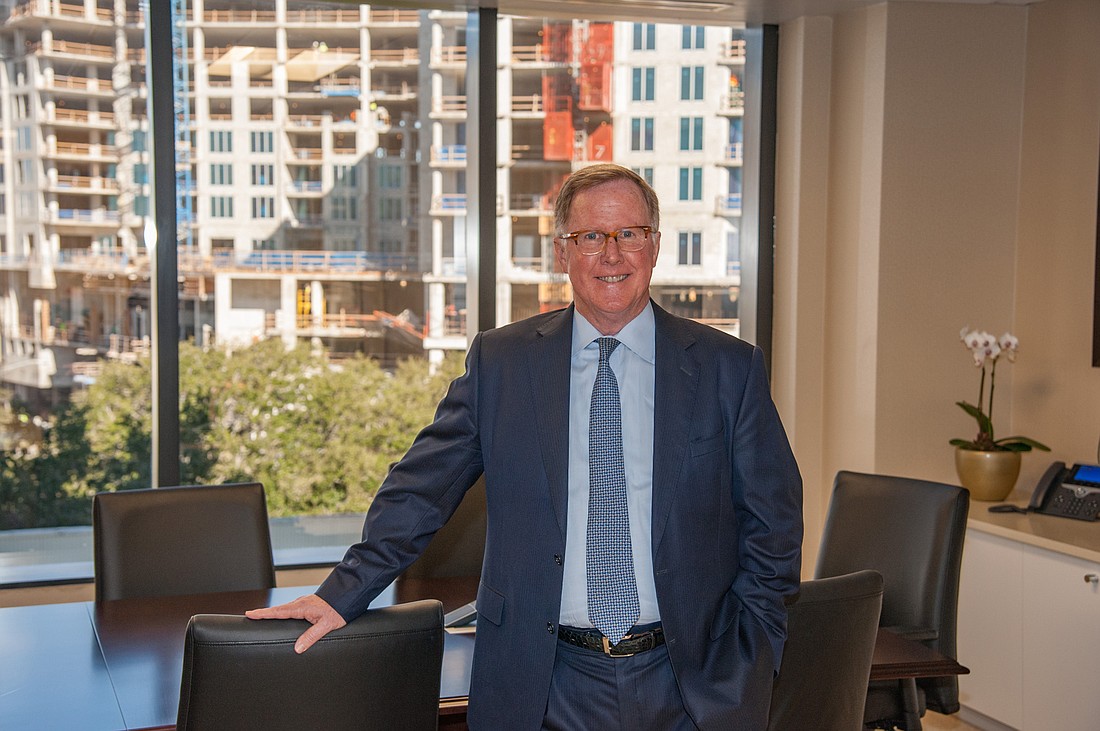- December 15, 2025
-
-
Loading

Loading

Here’s a sign the economy in the Sarasota market remains robust: One of the wealthiest families in the New York City banking and real estate scene is relying on the region as a launch pad for a new wealth management company.
The firm, Sarasota Private Trust Co., enters a somewhat crowded field, angling to grab market share among high-net-worth individuals who have multiple choices for where to invest. But Chief Executive John Hart says the firm will utilize a two-pronged weapon to succeed quickly, including surpassing several billion dollars in assets under management within a few years.